"Darkness during the day? Now, that's a celestial surprise!" Imagine the awe-inspiring moments when the day turns into night for a brief period, mystifying humankind for ages. Solar eclipses have been both a source of fear and a catalyst for curiosity throughout history. Today, they provide an extraordinary opportunity for educators to venture beyond the confines of the traditional classroom and inspire students with the wonder of the cosmos.
Eclipses aren't just a magnificent spectacle; they're a natural teaching tool bursting with potential. Educators can use them to spark interest in science, teach new concepts, and even blend in subjects like history and art. The question is: How can you bring this astronomical event into an educational setting?
The Science Behind the Shadow
Before students can appreciate the beauty of an eclipse, it's crucial for them to understand the mechanics. Start with the basics of orbital mechanics and the celestial alignment required for a solar eclipse. Using models or simulations can help students visualize how the moon passes between the Earth and the sun, casting a shadow.

Stages of an Eclipse
Dive into the different stages of a solar eclipse and explain terms like 'penumbra' and 'umbra' to give students a grasp of partial and total eclipses. High-quality animations or videos can be effective here, providing a clear view of what happens during each stage.
Safely Observing Solar Eclipses
Safety first, of course! Teach students about the importance of never looking directly at the sun and the proper use of eclipse glasses or pinhole projectors. This is a good chance to incorporate practical lessons about light and how it affects our eyes.
Predicting the Next Eclipse
Predicting solar eclipses can seem like magic, but it's all about patterns and mathematics. Introduce students to resources like eclipse-timer.com, where they can stay informed about upcoming solar eclipses in their area, with precise time and date information. This tool not only helps with planning viewing events but also serves as a practical application of their learning.

Eclipse Throughout History
Merge history and science by discussing how different cultures interpreted solar eclipses. Students can learn about the myths and superstitions as well as how eclipses helped ancient astronomers understand the cosmos. This can also be an opportunity to talk about the fear that eclipses often instigated and how knowledge can dispel fears of the unknown.
Creating an Eclipse Curriculum
When devising lessons, aim to make them cross-curricular. Language arts can be incorporated through writing eclipse-themed poetry or stories. In art, students can create representations of an eclipse using various mediums. And don't forget math, with calculations related to the geometry and timing of eclipses.
Activities and Experiments
Practical, hands-on activities resonate well with students. Here are a few ideas that can be executed in the classroom:
- Constructing Models: Build scale models of the Earth, moon, and sun to simulate eclipses.
- Drawing Predictions: Have students sketch what they believe an eclipse would look like before and after learning about them.
- Shadow Play: Use lamps and balls to create eclipses and study the effects of shadow sizes.
Eclipse as a Metaphor
Take the lesson beyond science. Discuss how eclipses can be used metaphorically in literature and art, potentially even inspiring students to reflect on 'eclipses' in their own lives—moments of shadow and light.
Fun Eclipse Facts Section
Did you know that during a total solar eclipse, the temperature can drop significantly? Or that a total solar eclipse can help scientists study the sun's corona? Include an interesting fact section to pique students' curiosity.

Encourage students to engage with eclipses not just as observers, but as young astronomers. Suggest they keep a log of their observations, write reports on their findings, or even make predictions about future eclipses.
Community Involvement
Why not extend the learning beyond the school walls? Organize an eclipse viewing event for the school or local community. This can include informational booths, guest speakers (like local astronomers or science educators), and safe viewing areas.
Tying It All Together 🌟
As we bring the lights back on in our educational journey through solar eclipses, let’s remember the importance of igniting that spark of curiosity in students. By incorporating the awe of eclipses into education, we’re not just teaching them about a periodic phenomenon; we’re opening a gateway to a universe brimming with wonders.
Final Eclipse Thoughts
As educators, you have the power to turn a brief dance between celestial bodies into a lifelong passion for learning. The next time the moon obscures the sun, may your students look up in wonder, equipped with the knowledge and inspiration you’ve shared. Pause for a moment and wonder, what new discoveries will they make under the shadow of the moon?
Teach them to chase the shadows, for it’s in the darkness that the stars are truly seen. And if you've been captivated by the eclipse's allure and want to catch the next one, bookmark eclipse-timer.com for your celestial calendar. After all, in the cosmos of teachings, isn't every lesson a star waiting to shine?
Until the next eclipse graces our skies, keep nurturing the astronomers, scientists, poets, and artists of tomorrow. Because who knows? Maybe among your students, there's the next person to leave a footprint on the moon, or the next poet to capture the silent beauty of the cosmos in verse. 🚀✨
Remember, every day is an opportunity to teach and every phenomenon, a lesson waiting to happen. Embrace these moments, create memories, and foster a lifelong love for learning.




















